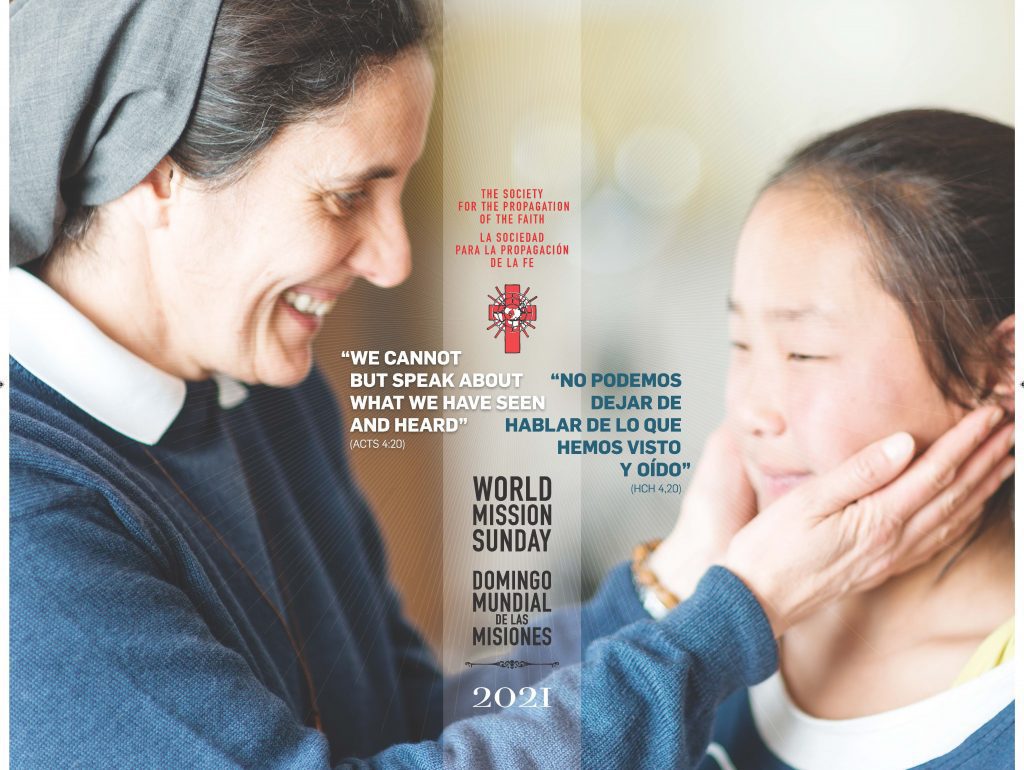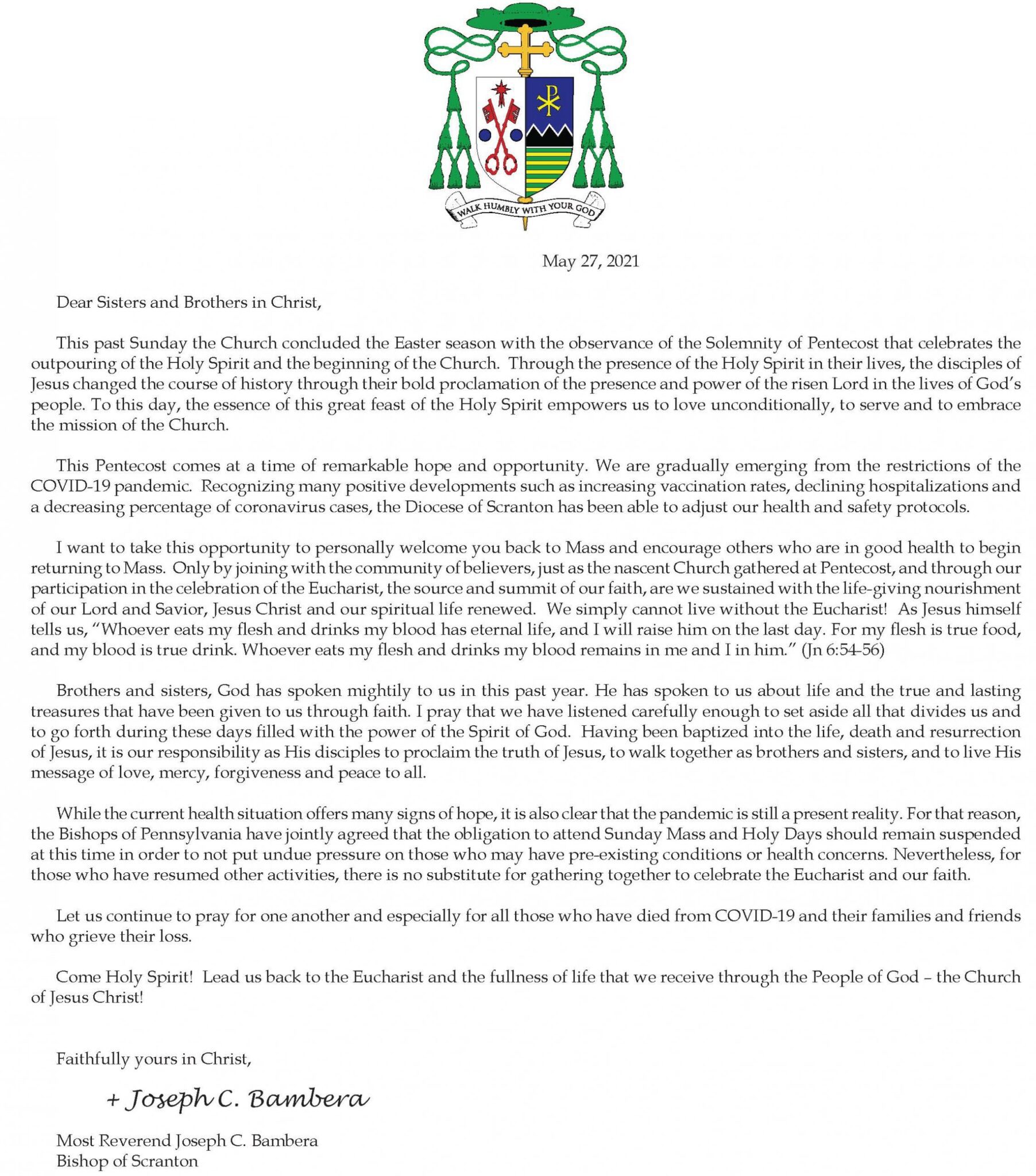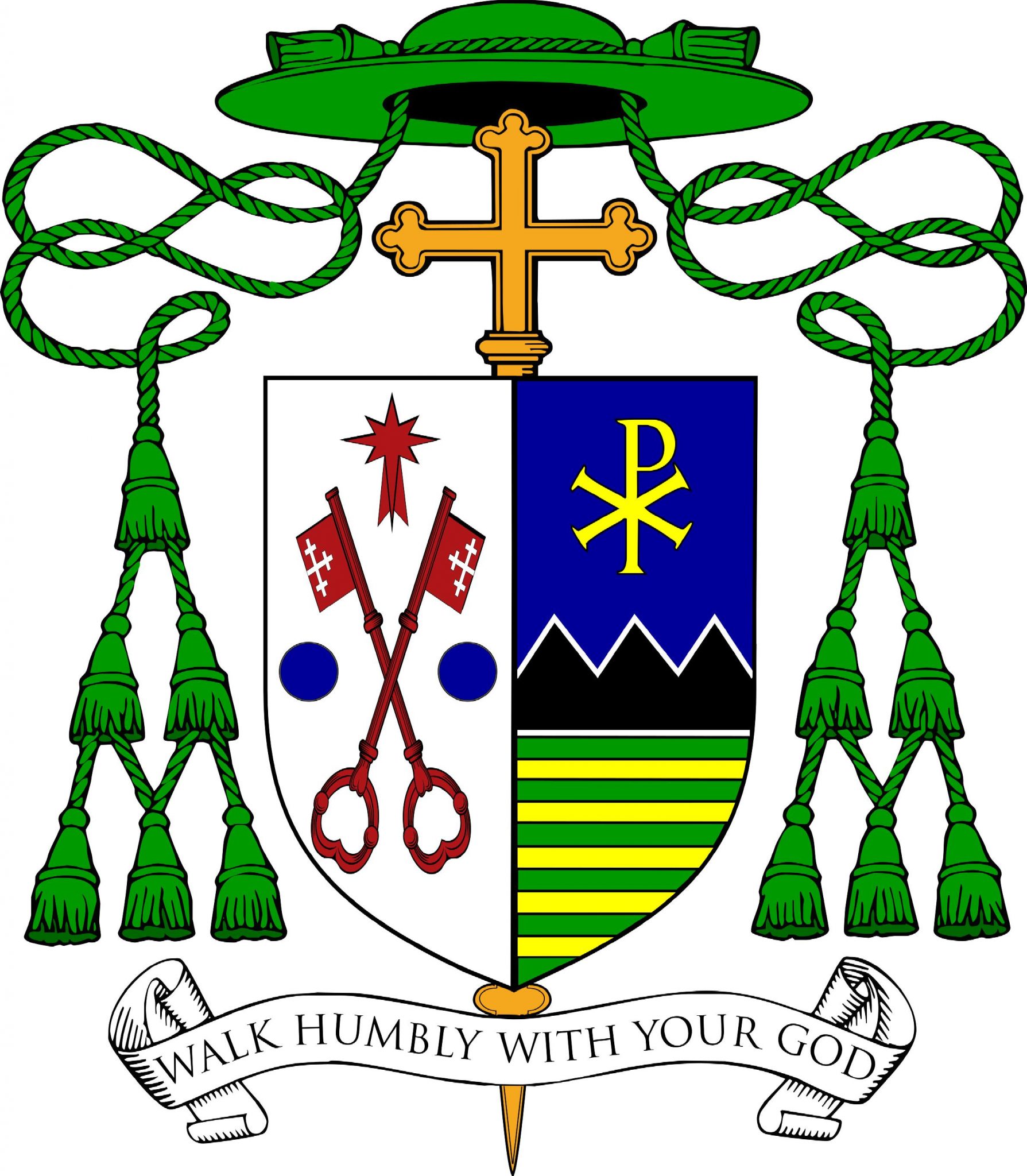
Dear Brothers and Sisters,
“For a child is born to us, a son is given us; upon his shoulder dominion rests. They name him Wonder-Counselor, God-Hero, Father-Forever, Prince of Peace.”
In his Christmas homily a year ago, Pope Francis reflected upon this familiar passage from the prophet Isaiah: “To us a son is given.”
Pope Francis began, “We often hear it said that the greatest joy in life is the birth of a child. It is something extraordinary and it changes everything … That is what Christmas is: the birth of Jesus is the ‘newness’ that enables us to be reborn each year and to find, in him, the strength needed to face every trial. Why? Because his birth is for us – for me, for you, for all of us, for everyone … Yet what do those words – for us – really mean? They mean that God came into the world as a child to make us children of God. What a magnificent gift! This day, God amazes us and says to each of us: Are you tempted to feel you were a mistake? God tells you, ‘No, you are my child!’ Do you have a feeling of failure or inadequacy, the fear that you will never emerge from the dark tunnel of trial? God says to you, ‘Have courage, I am with you.’ This is the starting point for any rebirth. This is the undying heart of our hope, the incandescent core that gives warmth and meaning to our life.”
The Holy Father continued: “Jesus, you are the Child who makes me a child. You love me as I am, not as I imagine myself to be; this I know! In embracing you, the Child of the manger, I once more embrace my life. In welcoming you, the Bread of life, I too desire to give my life. You, my Savior, teach me to serve. You, who did not leave me alone, help me to comfort your brothers and sisters, for you know that, from this night forward, all are my brothers and sisters.”
Pope Francis’ words capture so beautifully both the sublime gift that we have been given in the birth of Jesus and the responsibility that is ours to give the same gift of his life to others.
Through the Incarnation, God has immersed himself in our human condition – not because of our righteousness – but because of his grace and mercy. This fundamental belief in the limitless love of God, given human shape and form in Jesus’ birth, confronts the brokenness of our lives with hope. It beckons us to move beyond the division and fear that have engulfed our world, our Church and our lives to recognize an essential reality of humankind: we are all far more similar than we are different. As such, we are all brothers and sisters who, on our own, are powerless to save ourselves. And we are all in need of the heart of Christmas and the power and presence of Jesus – born to save us, to give us life and to enfold us in his peace.
The surest way for us to encounter the saving power and presence of Jesus – particularly in the midst of these unsettling times – is to seek him out in those places where he has told us he will be found. Recognize and embrace Jesus as we feed the hungry, care for the sick, embrace the outcast, forgive generously, love unconditionally and welcome into our hearts his living presence in the Holy Eucharist, the source and summit of our lives.
Brothers and sisters, we have been told where to look to find acceptance, forgiveness and mercy and we have learned what is necessary in order for us to give life to Jesus in a world that so desperately needs to experience his saving grace. During these days that continue to challenge our peace, may we pray for the wisdom and humility to open our lives to this great mystery of faith that we celebrate through the Incarnation of Christ. Therein alone, we will find the true and lasting reason for our hope!
With gratitude for the privilege of serving as your Bishop and with prayers for a holy and blessed Christmas for you, your family and all you hold dear, I am,
Faithfully yours in Christ,
Most Reverend Joseph C. Bambera, D.D., J.C.L.
Bishop of Scranton






